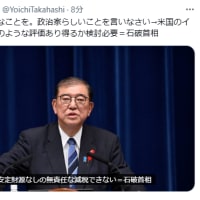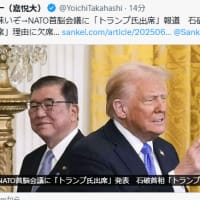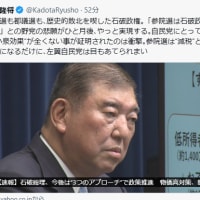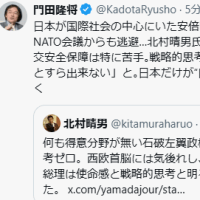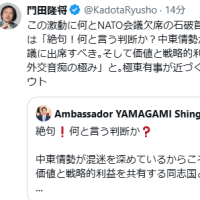April 16, 2025
There is an extremely talented young man who is, without question, my junior.
Being part of the current generation, he received computer education from an early age.
On top of that, he is a natural-born science and technology type—someone who genuinely loves computers and their underlying principles.
It would be no exaggeration to say that one should not engage with PCs or the online world at all unless they understand programming languages.
If you don’t understand Japanese, you can’t write in Japanese.
If you don’t understand English, you can’t read English texts.
That’s why I’ve been greatly helped by him.
One of his suggestions led to a major breakthrough.
Until now, I had been using DeepL (I’m a paying subscriber) and Google Translate for basic translations into English. But recently, for some reason, the translated output started showing line breaks after every sentence.
So, I consulted him.
The answer was surprisingly simple:
“Just ask ChatGPT to translate into English without inserting paragraph breaks.”
I thought to myself at the time, “Huh… so ChatGPT can translate too? Well, of course it can. That’s what AI is for.”
A few days later, when I became fed up with the tedious task of deleting line breaks one by one, I remembered his suggestion.
I immediately gave it a try—and was amazed.
The English translation that came back was stunningly accurate—far beyond what either of the two previous tools could offer.
Such a translation is simply not possible without a deep, fundamental understanding of who I am and what I write.
That insight had already been reflected in the opening lines of the translation.
No wonder DeepL’s quality has suddenly started to drop recently. At this rate, they’re going to lose their business.
They’ve begun churning out unbelievably poor translations—so bad that it made me wonder if their staff now consists mostly of Zainichi Koreans and Chinese nationals.
To put it bluntly, OpenAI doesn’t just store everything on the internet—it also memorizes every conceivable kind of literature.
It instantly draws answers from that vast memory.
Over the past few days, I’ve been one of the heaviest users of the free tier.
Twice, I even exceeded the limit allocated to free users.
This made things inconvenient and started interfering with my work and thinking, so I immediately upgraded to a paid plan.
And what happened after that truly astonished me.
I’ll write about that later.
That said, in yesterday’s chapter—although I published it without reviewing—it contained a rare mistranslation that missed the mark.
The phrase “末期の目 (matsugo no me)” was translated in a way that wasn’t entirely wrong, but also not quite right.
It altered the meaning, and I felt that wasn’t acceptable, so I began searching online.
Fortunately, I found the following result:
末期の眼 - Wikipedia
What led me to this was that, while checking the NHK BS4K program schedule for tomorrow morning’s classical music broadcast, I discovered a wonderful feature program on Monet.
I recorded it and ended up watching it all the way through.
I’ll write later about NHK—the broadcaster that airs amazing sports coverage and arts programs… and yet utterly fails with its news and reporting.













